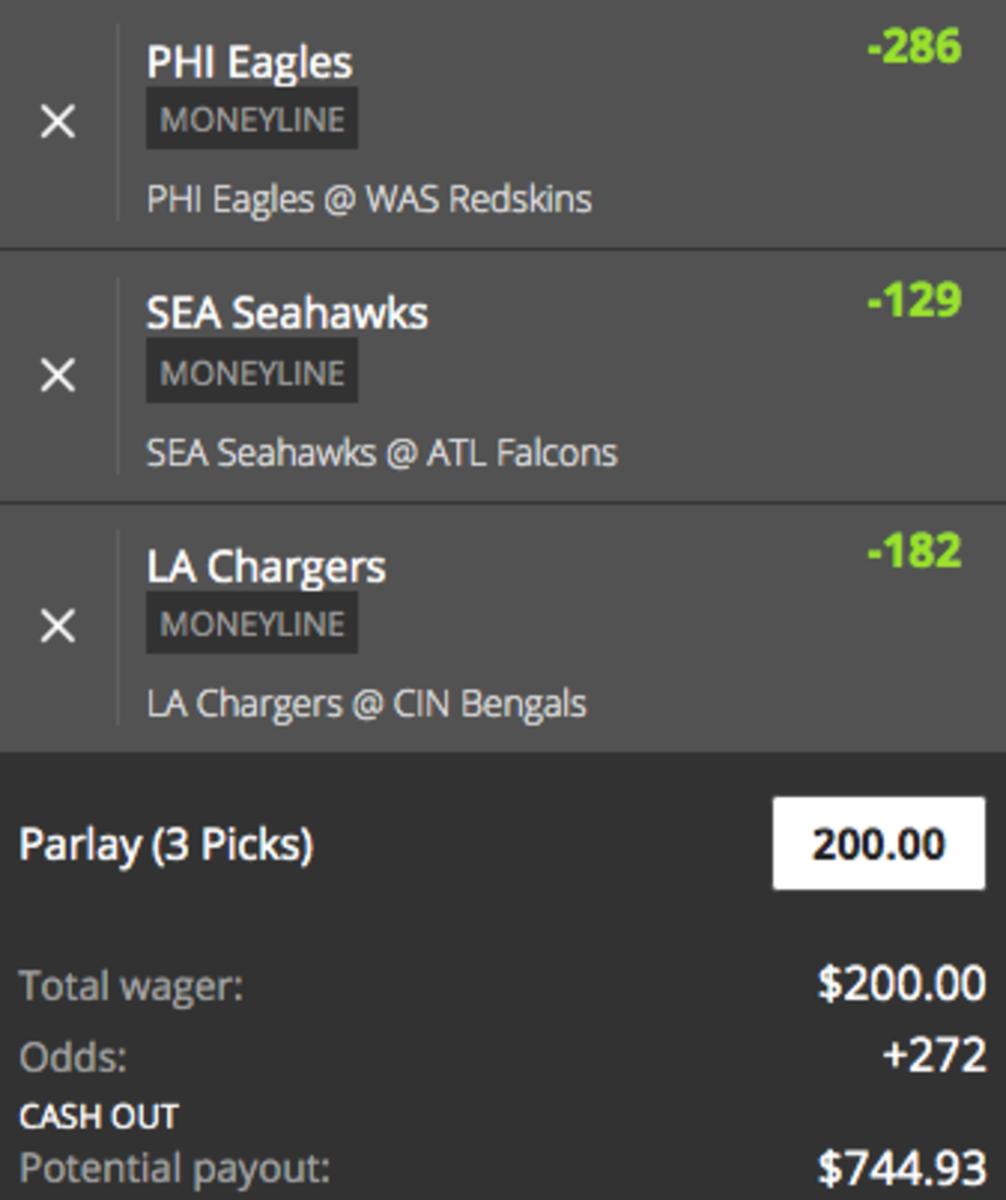Sports Gambling 101: What is Hedge Betting?

Simply stated, hedge betting is placing a wager on the opposite side of an existing bet. Played regularly by some, and rarely by others, the value of hedge bets differs from player to player. There are a few reasons to hedge bet and players can find opportunities to do so with easy access to live wagering platforms. Players place hedge bets to reduce original risk, set up guaranteed returns or create an opportunity to cash in on both sides of a betting option.
Hedge Betting to Reduce Original Risk
Picking prime hedge betting spots is part of a solid bankroll management system for recreational bettors. That includes reducing risk on active wagers when warranted. For instance, a star goaltender is scratched due to illness prior to the start of an NHL game. His backup is inexperienced and/or hasn’t played well. If a $125 bet was placed on the -125 moneyline favorite, a $100 wager on the +125 underdog odds will create a break-even scenario on those two bets.
Creating Guaranteed Profit With Hedge Bets
One of the most common hedge betting scenarios involves championship futures tickets. Super Bowl 54 provides a classic example. Prior to the 2019 season, San Francisco was a +4000 moneyline longshot to win the NFL title at the Westgate SuperBook in Las Vegas. Bettors who wagered $100 went into Super Bowl Sunday with a chance to earn a $4,000 profit if the 49ers won. If Kansas City won, no matter the final score, the net result was a painful $100 loss.
Bettors who wanted to kick back and just enjoy the game set up a guaranteed win by betting on Kansas City with the -120 moneyline. The math was pretty simple, as a $2200 bet on the Chiefs returned $1800 profit if the 49ers won and a $1,833 profit if Kansas City won. Bettors who didn’t hedge were left with the net $100 loss when the Chiefs posted a 31-20 come-from-behind win over the 49ers. It was a classic “A bird in the hand is worth two in the bush” scenario.
Players who use hedge betting, to set up no risk parlay profits, accept a smaller return to guarantee a winning wager. In the example below, if Philadelphia and Seattle have both won, bettors need a Los Angeles victory to earn a $544.93 profit. If Cincinnati wins, bettors lose the $200 original risk. A $200 wager on the Bengals (+150) sets up a $344.9 return if the Chargers win. If Cincinnati pulls off the upset, bettors get their $200 parlay investment back plus a $100 profit.


Cashing on Both Sides With Hedge Betting
Also known as a middle, cashing in on both sides of a betting option is like hitting a jackpot on a slot machine. Using the point spread odds below, NFL bettors could place a wager on Detroit with -1.5 odds at DraftKings. When Chicago +2.5 odds appeared at FanDuel, they could hedge with a bet on the Bears. If the Lions win by exactly two points, both tickets cash. This is a risky bet as any result, other than a two-point win by Detroit, costs bettors the juice on the losing wager.


Hedge Betting Bottom Line: This is a personal betting choice. Players who are gamblers often let wagers ride and take their chances. More conservative bettors will hedge and take guaranteed money. Players should decide on which way to bet based on their desired returns.
